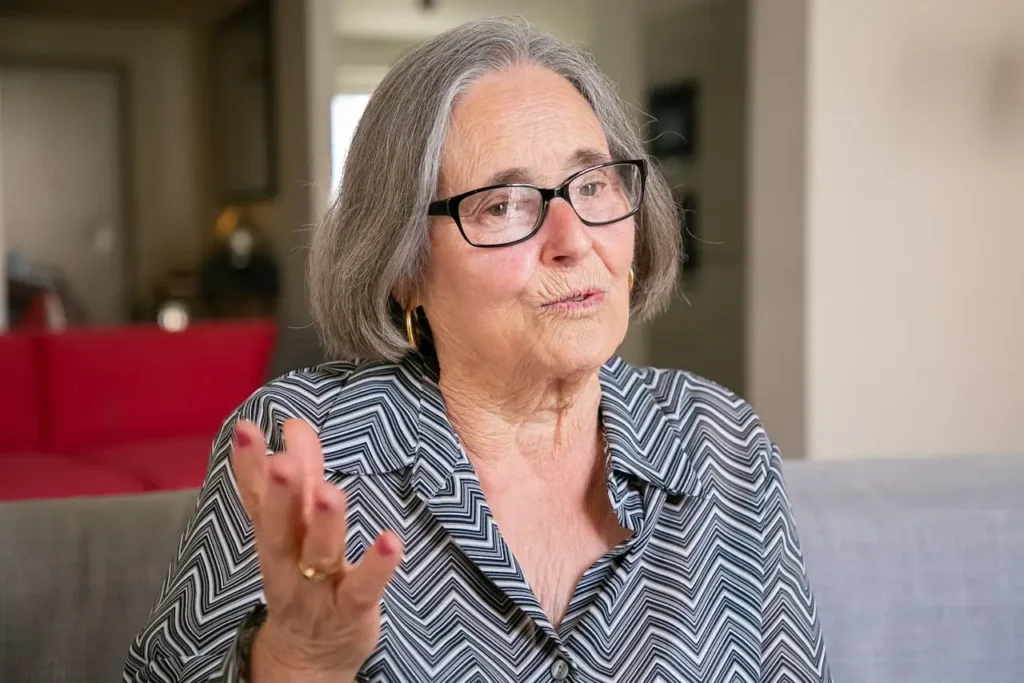What Ethical Dilemmas Do Dementia Caregivers Face?
Caring for someone with dementia is one of the most rewarding yet challenging roles you can take on. As a caregiver, you’re not just helping someone navigate daily life; you’re also dealing with a condition that slowly takes away their independence and sometimes their sense of self. This journey is filled with emotional highs and lows, and it often raises tough questions about what’s right or wrong when making decisions on their behalf.
Dementia caregivers often face ethical dilemmas like balancing the person’s autonomy with their safety, handling truth-telling sensitively, and making end-of-life care decisions.
Balancing Autonomy and Safety
One of the first challenges you may encounter is finding the balance between allowing the person with dementia to make their own choices and stepping in to protect them. For instance, what do you do if they insist on cooking but are at risk of leaving the stove on? Or if they want to go out alone but might get lost?
As a caregiver, it’s natural to want to keep them safe, but it’s equally important to respect their dignity and independence. This balance is tricky. Sometimes, it might mean letting them do smaller tasks that feel meaningful to them while you quietly ensure their safety in the background.
Should You Always Tell the Truth?
Another common dilemma is whether or not to tell the person the full truth about their condition or certain situations. For example, what if they keep asking about a loved one who has passed away but don’t remember the loss? Telling them repeatedly might cause unnecessary grief. On the other hand, avoiding the truth might feel like you’re being dishonest.
In these cases, it often helps to focus on what would make them feel more at ease. Sometimes, gently redirecting the conversation or saying something reassuring works better than blunt honesty. It’s not about lying but about prioritizing their emotional well-being over strict truthfulness.
Deciding on Medical Treatments
Making medical decisions for someone with dementia is another area that brings up ethical challenges. If they can no longer express their preferences, how do you decide what’s best for them? Should you follow their earlier wishes, even if they don’t seem to align with their current state?
For example, if they previously said they don’t want life-prolonging treatments but now seem content in their current condition, the decision becomes complicated. Talking to a doctor can help you weigh the options, but ultimately, you’ll need to make the choice that aligns most closely with their values and quality of life.
Handling End-of-Life Care
End-of-life care is perhaps the most emotionally difficult dilemma. Should you focus on extending life at all costs, or prioritize comfort? Many caregivers struggle with this question, especially if the person can no longer communicate their wishes.
Palliative care, which focuses on comfort rather than cure, can be a compassionate option. However, it’s not always an easy choice, particularly if other family members have differing opinions. Open conversations with loved ones and healthcare providers can help you navigate this sensitive time.
Respecting Privacy While Seeking Help
You might also face ethical questions about how much to share with others about the person’s condition. Talking to friends, family, or even medical professionals can feel like you’re betraying their privacy. At the same time, sharing some details might be essential to get the support you need.
In these cases, sharing only the necessary information can be a good middle ground. For instance, you could discuss specific challenges with a doctor without going into personal details that the person with dementia might not want revealed.
What About Financial Decisions?

If you’re managing their finances, you may encounter dilemmas around spending their money. Is it okay to use their funds for something they no longer value but is important for their care? For example, should you upgrade their home to make it safer, even if they once said they wouldn’t want changes?
These decisions often require you to focus on their current needs rather than sticking strictly to past preferences. Consulting with other family members or a financial advisor can also help ease the burden of making these choices alone.
How Much Help Should You Give?
It’s easy to fall into the trap of doing too much for someone with dementia, but over-helping can unintentionally take away their sense of purpose. For example, if they can still dress themselves but struggle with buttons, do you step in completely or just assist with the tricky parts?
Finding the right balance here can reduce frustration for both of you. Offering just enough help while encouraging them to do what they can manage on their own helps maintain their confidence and independence.
What If Family Members Disagree?
Family disagreements can add another layer of complexity. One sibling might feel you’re not doing enough, while another thinks you’re overstepping. These conflicts can make ethical decisions even harder, especially if everyone has different opinions on what’s best for the person with dementia.
Open communication is key. Holding a family meeting to discuss care plans and responsibilities can sometimes ease tensions. If conflicts persist, involving a mediator, such as a counselor, can help everyone get on the same page.
Key Points to Remember
- Balancing safety and independence is a common challenge.
- Sometimes, prioritizing emotional well-being is more important than strict truth-telling.
- Medical and financial decisions should focus on current needs and quality of life.
- End-of-life care decisions can benefit from open discussions with family and healthcare providers.
- Respecting privacy doesn’t mean avoiding asking for help.
- Small acts of independence can boost the person’s confidence.
- Open communication can help resolve family disagreements.
Thanks for reading! I hope this article helped you understand the ethical challenges dementia caregivers face. If you have any questions, feel free to comment below.

